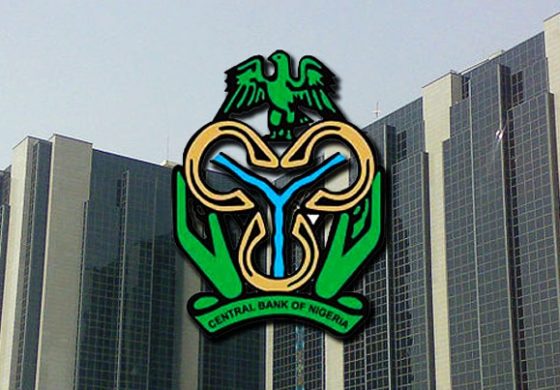The Central Bank of Nigeria (CBN) disclosed on Wednesday that it helped bank customers to recover N73.27 billion from banks following the resolution of 13,715 complaints lodged by them on excess charges and other deductions by banks.
The Director of the Consumer Protection Department of the apex bank, Mr S. Salam-Alada, disclosed this at a workshop for business editors and finance correspondents in Benin, Edo State.
He recalled that since the creation of the department, it had engaged in sundry activities in furtherance of its mandate.
Salam-Alada, who was represented at the forum by an Assistant Director in the department, Ibrahim Hassan, disclosed that the department “conducted a mapping exercise of financial literacy activities in Nigeria; and reviewed the guide to Bank Charges (2004, 2013 and 2017);
In addition, he said that the department also resolved over 13,715 complaints resulting in the refunds to consumers of the sums of N66.5 billion, $18.5 million, €26,319.03 and ₤9,085.98, cumulating into a total of N73.27 billion.
On the risks of electronic payment fraud (e-fraud) to the nation’s banking system stability, the banker maintained that consumer protection had become more imperative now than ever in the face of the rising incidents of e-fraud with losses projected to reach N6.1 trillion by 2021.
He clarified: “25,043 cases of fraud were reported by deposit money banks (DMBs) in 2017 compared to 19,531 cases in 2016 representing a 28 percent increase in reported fraud cases in 2017.
“Even though there was a 24 percent reduction in actual fraud loss value in 2017 compared to 2016 figures, actual fraud loss value amounted to N1.63 billion in 2017”, he added.
According to him, 83 percent of the e-fraud actual losses in 2017 were electronic fraud, while the remaining 17 percent are non-electronic.
Salam-Alada hinted further that the volume of and value of e-transactions was projected to continue to increase nationally and globally as result of broader ecosystem scope, the evolution of channels, adaptability to disruptive innovations and modes of payment, increased inclusion and evolving technologies.
The director described consumer protection as the whole range of structures, policies, and tools designed to protect consumers from possible abuse and exploitation of financial service providers, stressing that consumer protection has become imperative to protect not only the consumers of financial services but also the national electronic payment infrastructure.






